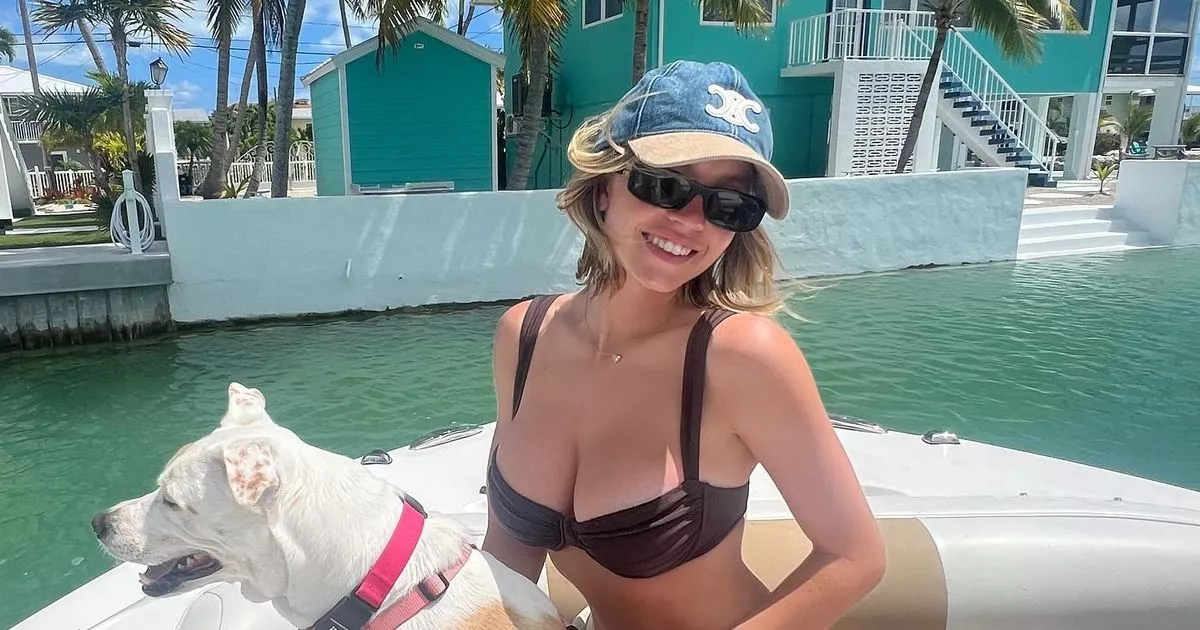- Unveiling the Truth of the Afghan War

- Ryan Townley's Battle with Imposter Syndrome | Conquering Imposter Syndrome in Skateboarding

- Amsterdam's Weed Dealers: Evading the 500g Limit

- The Cash Catch: Inside the World of Drug Trafficking

- College Student Arrested at LAX for Stealing $7.5M through SIM Swapping

- Empowering Women in the Cannabis Industry

- Seattle SuperSonics: The Glory Days of Basketball

- Anthony Van Engelen: A Skateboarding Legend of Speed, Power, and Dedication

- The Infamous Hells Angels: A Tale of Violence and Power

The Cash Catch: Inside the World of Drug Trafficking
Jun 18 2024
In the world of drug trafficking, there is a desperate effort to save a small group of cetaceans, the last of their kind. Caught unintentionally in nets set for a highly sought-after fish in China, these animals are in grave danger. The situation originates in Mexico, specifically in the Gulf of California, just a short distance from the US border, where the totoaba fish is found. The demand for its swim bladder is driving the exploitation of this species. In towns like San Felipe and Santa Clara, fishing for shrimp and local fish is a way of life, but the temptation to engage in illegal totoaba fishing for quick profits is strong. The totoaba population was severely depleted in the 2010s, with a single catch bringing in substantial sums of money each month.
Compounding the issue is the unintended capture of the vaquita marina, a small porpoise native to the Gulf of California, in the same nets used for totoaba and shrimp. This has pushed the vaquita to the brink of extinction, with recent surveys in 2024 spotting only a handful of individuals, down from a slightly larger population the year before. The US is pressuring Mexico to address the crisis, while scientists, environmentalists, and law enforcement from various countries are working tirelessly to save the vaquita, stop the illegal totoaba trade, and find sustainable alternatives to harmful fishing practices.
Compounding the issue is the unintended capture of the vaquita marina, a small porpoise native to the Gulf of California, in the same nets used for totoaba and shrimp. This has pushed the vaquita to the brink of extinction, with recent surveys in 2024 spotting only a handful of individuals, down from a slightly larger population the year before. The US is pressuring Mexico to address the crisis, while scientists, environmentalists, and law enforcement from various countries are working tirelessly to save the vaquita, stop the illegal totoaba trade, and find sustainable alternatives to harmful fishing practices.
What do you think?
👍 0
👎 0
🔥 0
😊 0
💩 0
😍 0
😤 0










